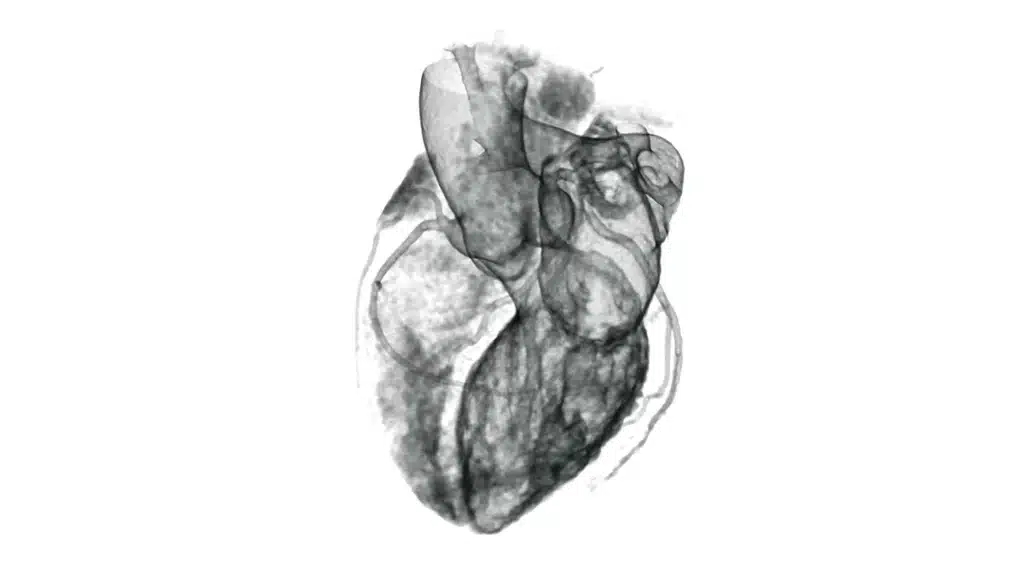“At Dr. Sophia’s recommendation, I underwent a comprehensive set of tests appropriate for my age (65). Although I felt perfectly well, the results revealed a suspected heart issue.
She immediately referred me to a cardiologist, where I had an angiogram, and as result, had a stent fitted. This timely intervention may have saved my life. I am truly grateful to Dr. Sophia for her care and guidance”. Nick True
Practice What You Preach – Preventative Health Screening
As both a practitioner, and a firm believer in ‘top-to-toe’ preventative health assessments, over the last few years I have had my own health screenings, including extensive blood tests, and multiple MRIs and Ultrasound scans, I had however yet to have had a full cardiac assessment.
Why should I have a CT Coronary Angiogram?
Although my family has a history of diabetes and high cholesterol – my late father passed in his eighties of vascular dementia – my cholesterol is not elevated, and I have no inherited cardiovascular risk factors such as a raised Lipoprotein (a) level.
I am not overweight, have a good diet (most of the time!), exercise regularly and sleep well., However, at 57 I knew it was a good idea to have an in-depth view of my heart with a CT Coronary Angiogram (CTCA).
What is a CT Coronary Angiogram?
It’s a non-invasive test that reveals if you have any build-up of plaque; type of plaque (often described as soft or hard) and the extent and severity of any heart disease.
It also looks at the chambers of the heart, the valves and the main blood vessels from the heart (including the aorta).
It generates 3D images of your heart. If your results show mild to moderate plaque burden, then it’s a time to address lifestyle and preventative measures including medication.
Occasionally patients with no symptoms are found to have critical blockages in their arteries requiring lifesaving angioplasty. It’s not often. Current NHS guidelines only recommend a CTCA as a first-line investigation in symptomatic patients.
Advantages of a CT Coronary Angiogram
• Unlike invasive coronary angiography, it doesn’t require a catheter to be threaded into the heart, so has fewer complications
• Provides fast, highly detailed 3D images of the heart’s anatomy
• Can detect other diseases of the heart and lungs
Limitations of a CT Coronary Angiogram
• The procedure uses X-rays, so there is some radiation exposure, however this is minimal with the new scanners we use
• The contrast dye carries a rare risk of allergic reaction
How is a CT Coronary Angiogram Done?
It’s a quick procedure which takes about 15 minutes; it’s not as confined as an MRI scanner which is noisy and can leave some of us, including me, feeling claustrophobic.
You lie on a bed that moves through the scanner, and a contrast agent is injected into a vein in your arm which allows the arteries to be visualised.
You might feel a warm, tingling sensation from the contrast dye as it spreads through your body and is processed by your kidneys but only lasts a few seconds.
My CTCA Results
The header image used for this blog is a picture of my heart, and I am pleased to report that there was no calcification or plaque, which puts me on the zero percentile for my age and sex.
I am not planning to stop my statins but am reassured that ‘so far so good’.
An Expert’s Review of Cardiovascular Imaging
My tests were carried out by Professor Saeed Mirsadraee, a globally-recognised expert in advanced Cardiovascular CT and cardiac imaging. He’s responsible for reviewing all of our patients’ cardiovascular scans.
Book a Preventative Health Assessment
To find out more about our Preventative Health Assessments, book a preliminary consultation with us here or alternatively call 020 7935 4357.

